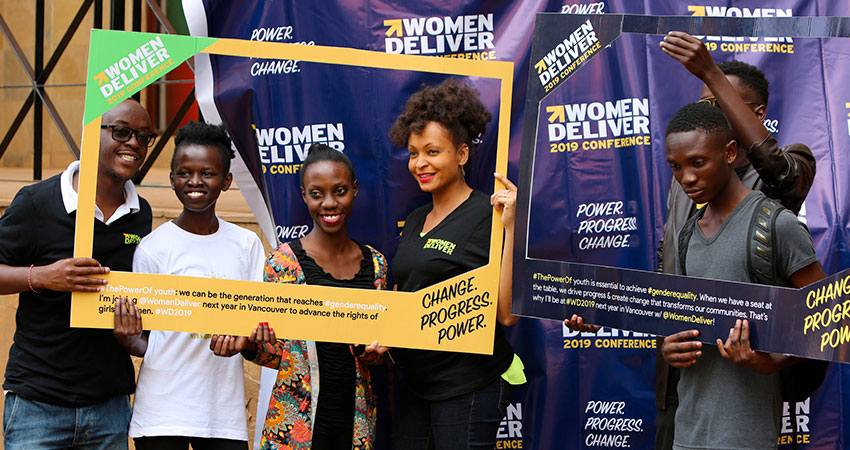Vancouver, Canada: To help power progress, organizations at all levels have stepped up to document solutions and develop guidance for improving the health and rights of girls and women in humanitarian emergencies.
Today at the Women Deliver 2019 Conference, Bill Chambers, Save the Children Canada, shared findings from Save the Children Canada’s forthcoming report underscoring an alarming absence of systematic disaggregation of data in public reports – making it nearly impossible to quantify the impact of modern-day conflict on girls specifically.
Alongside the new report, Hauwa, Winner, 2018 Too Young to Wed: Girls’ Champion Award, shared her personal experience testifying before US Congress and the United Nations Commission on the Status of Women as a Boko Haram survivor.
Additionally, Diana Abou Abbas, Executive Director, Marsa Sexual Health Center, Lebanon, shared new research utilizing data from Marsa’s provision of SRH services to inform the need and demand for these services in Lebanon, including LGBTQIA+, refugees and persons with disabilities.
Laurie Adams, CEO, Women for Women International, discussed the organization’s new evaluation results on efforts to prevent violence against girls and women in Afghanistan, and how these lessons can help fill the research gap on GBV in emergencies.
“At the international level, organizations have developed new evidence to support gender-sensitive humanitarian programming and fill the research gap on the needs of girls and women in these contexts,” said Marcy Hersh, Senior Manager, Humanitarian Advocacy, Women Deliver. “At the same time, many local and national first responders – including women-focused CSOs in crisis settings – play a leading role in supporting girls and women in emergencies, and are documenting their lessons learned.”
